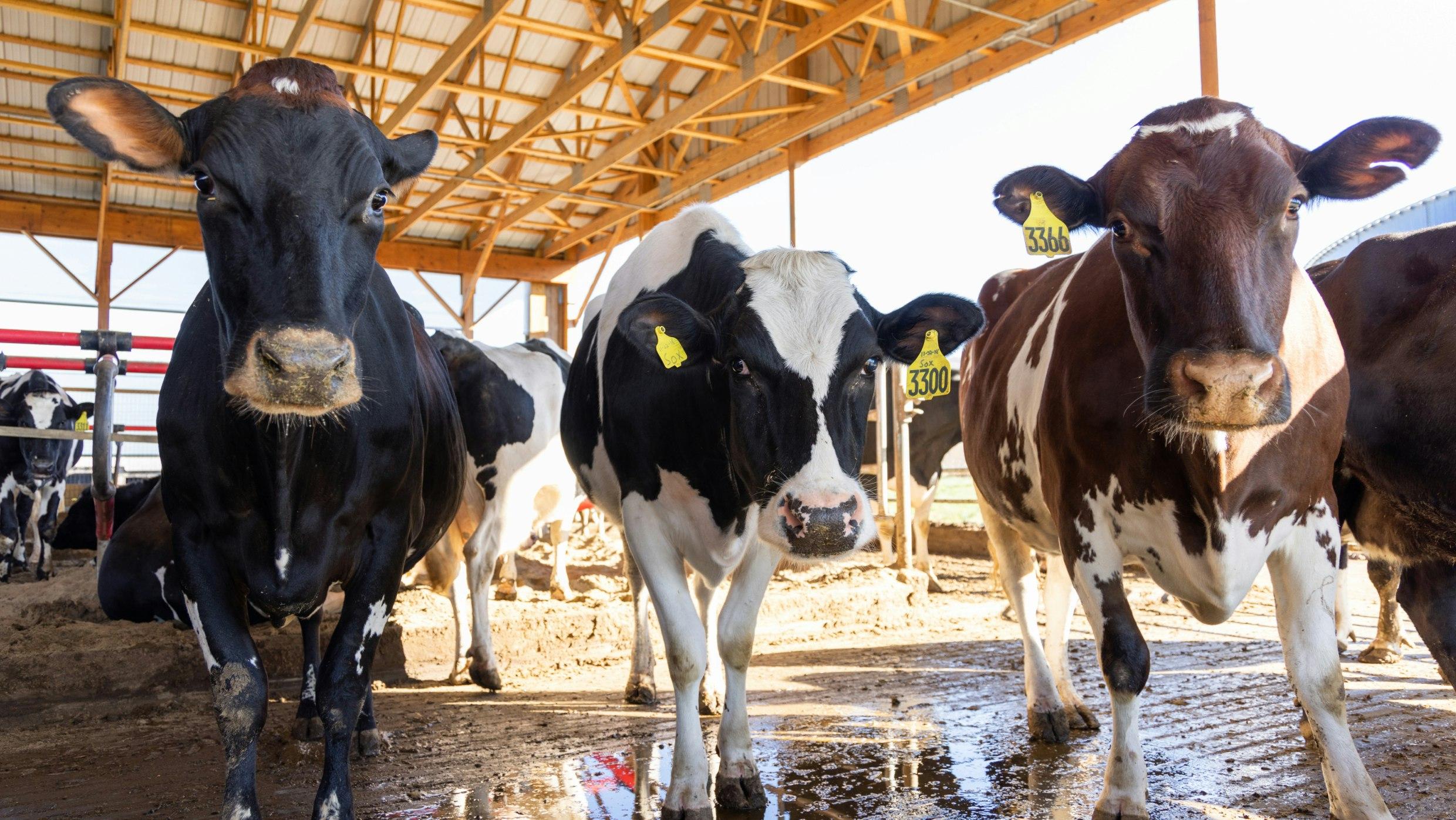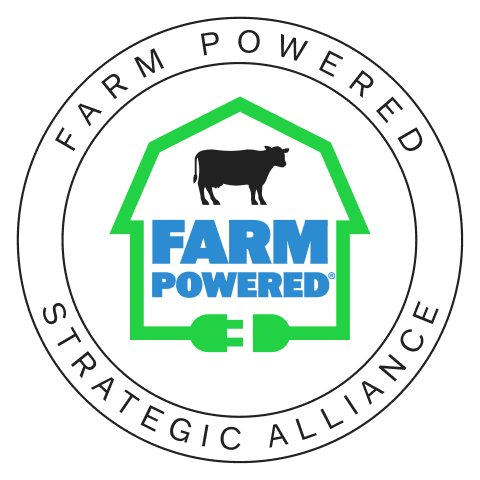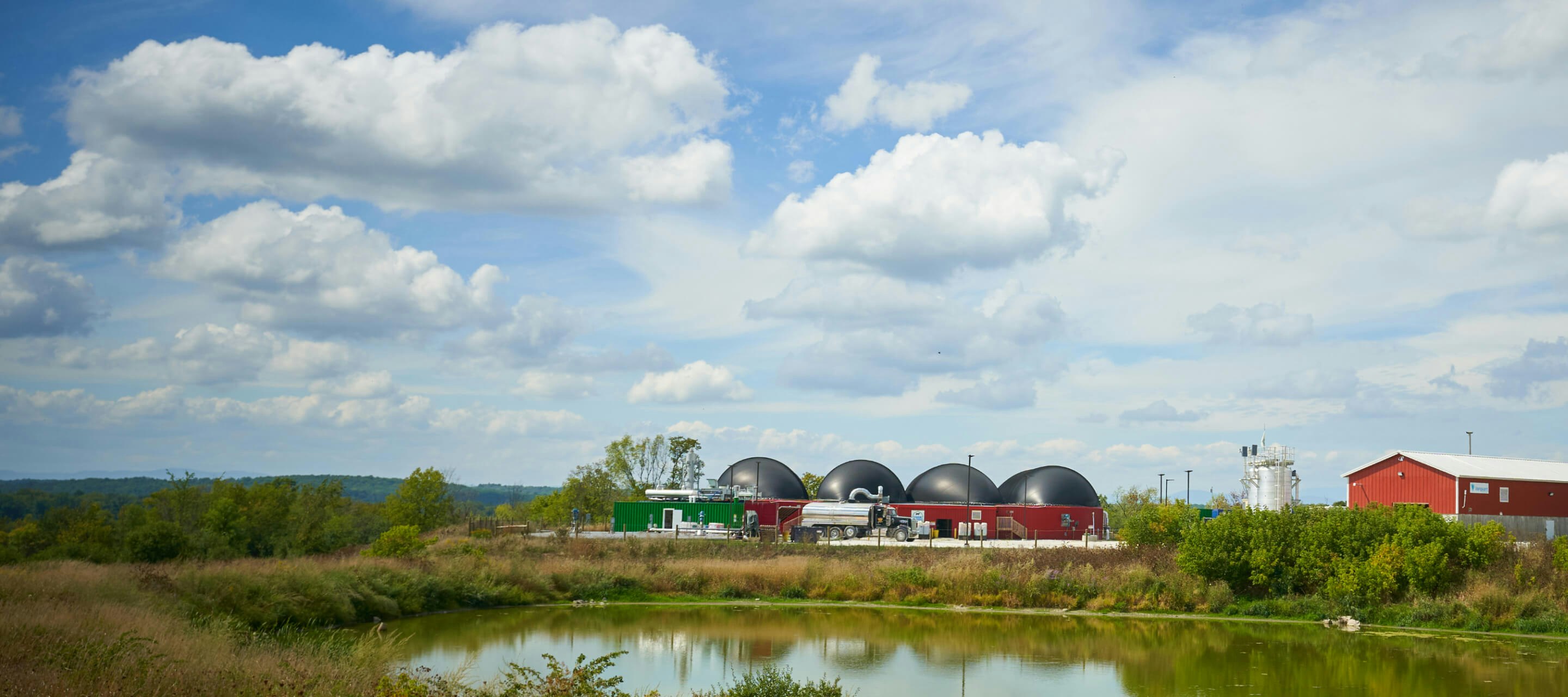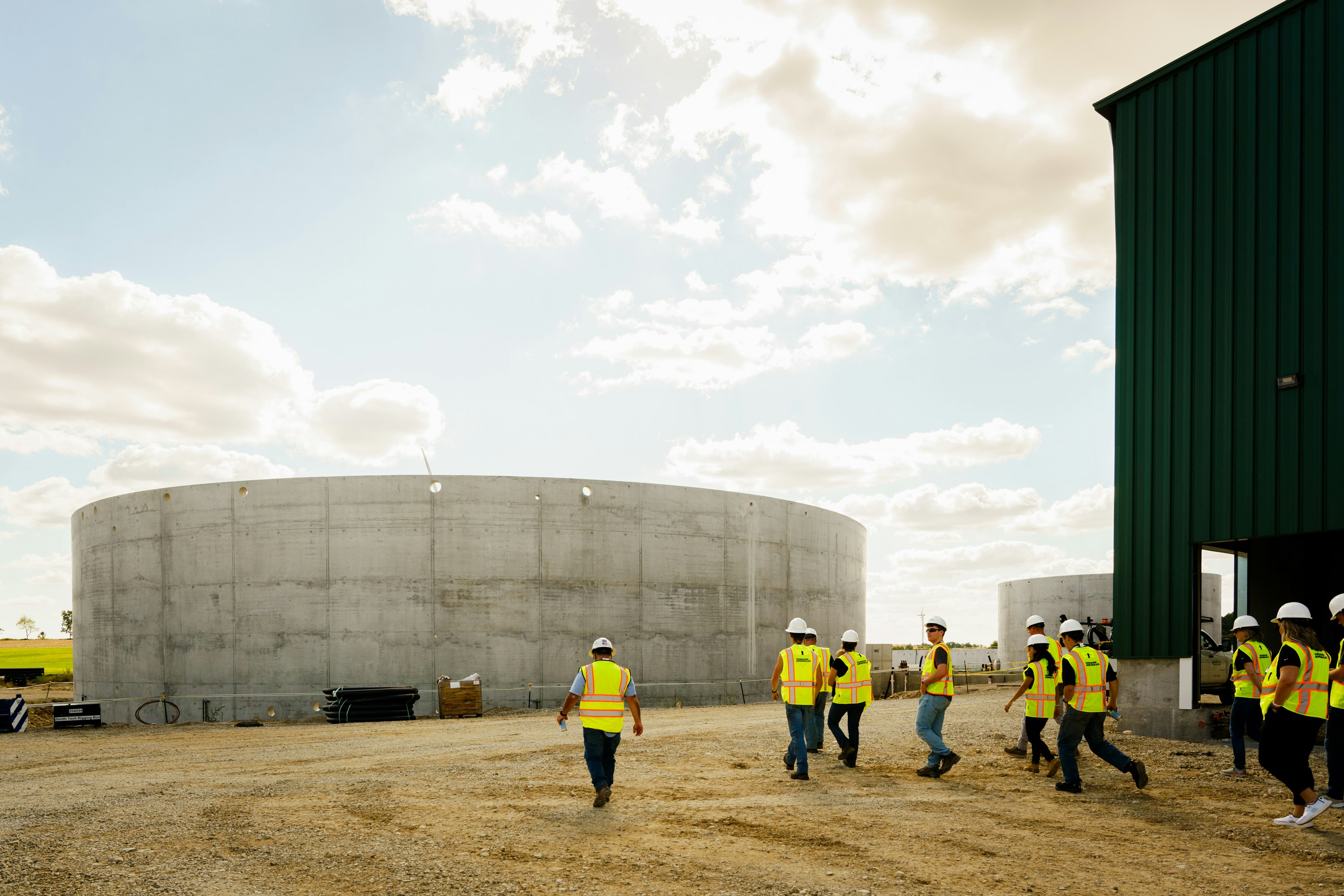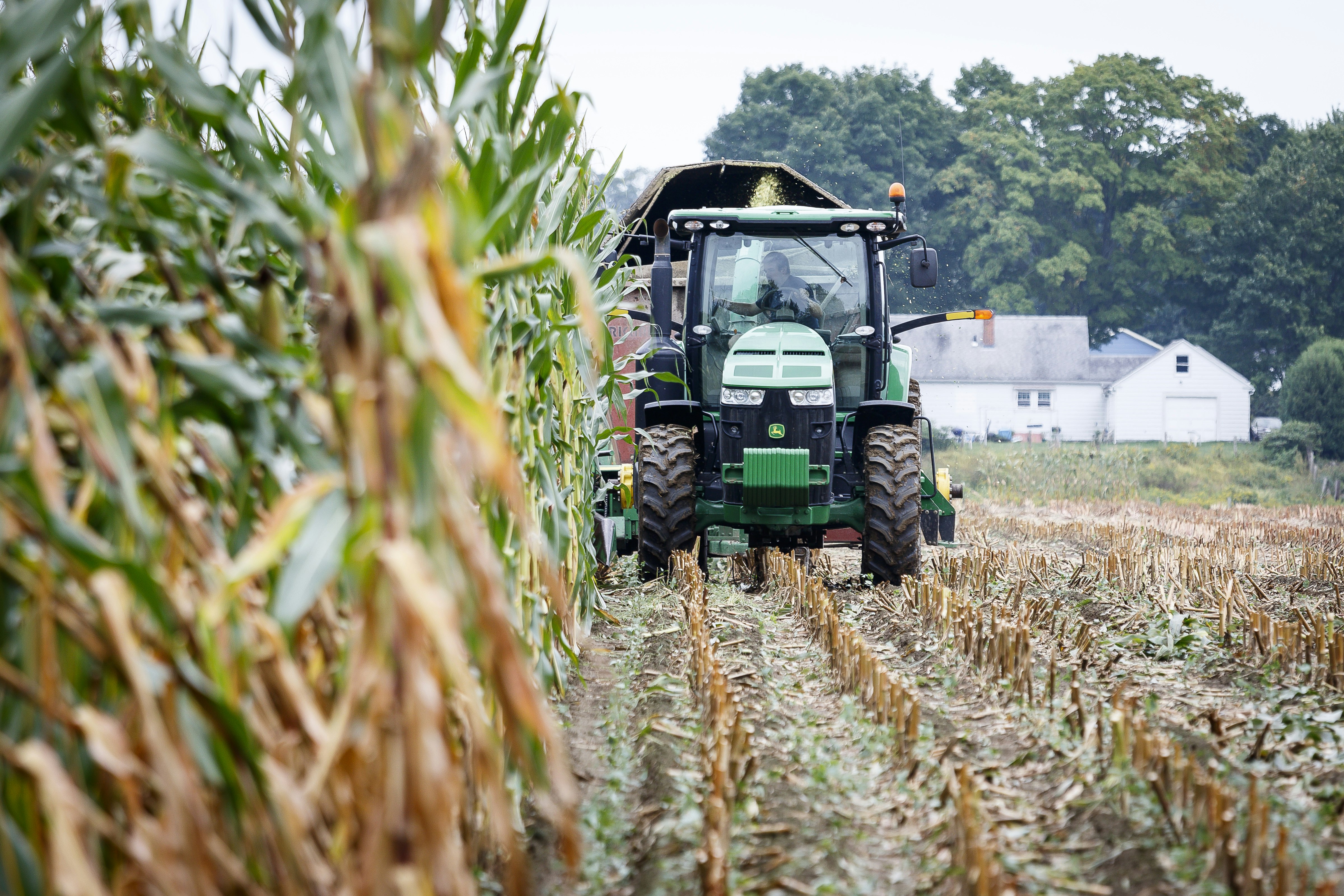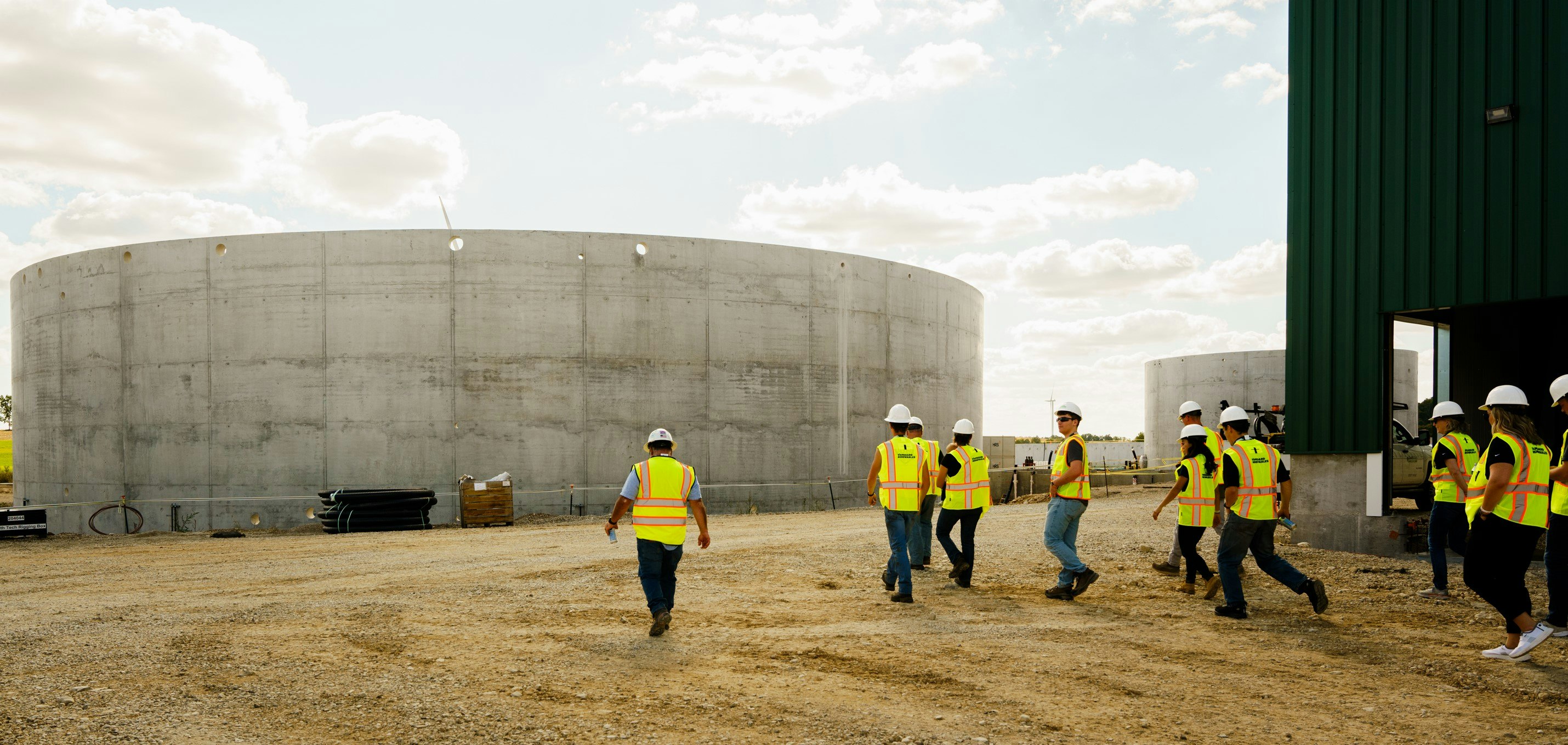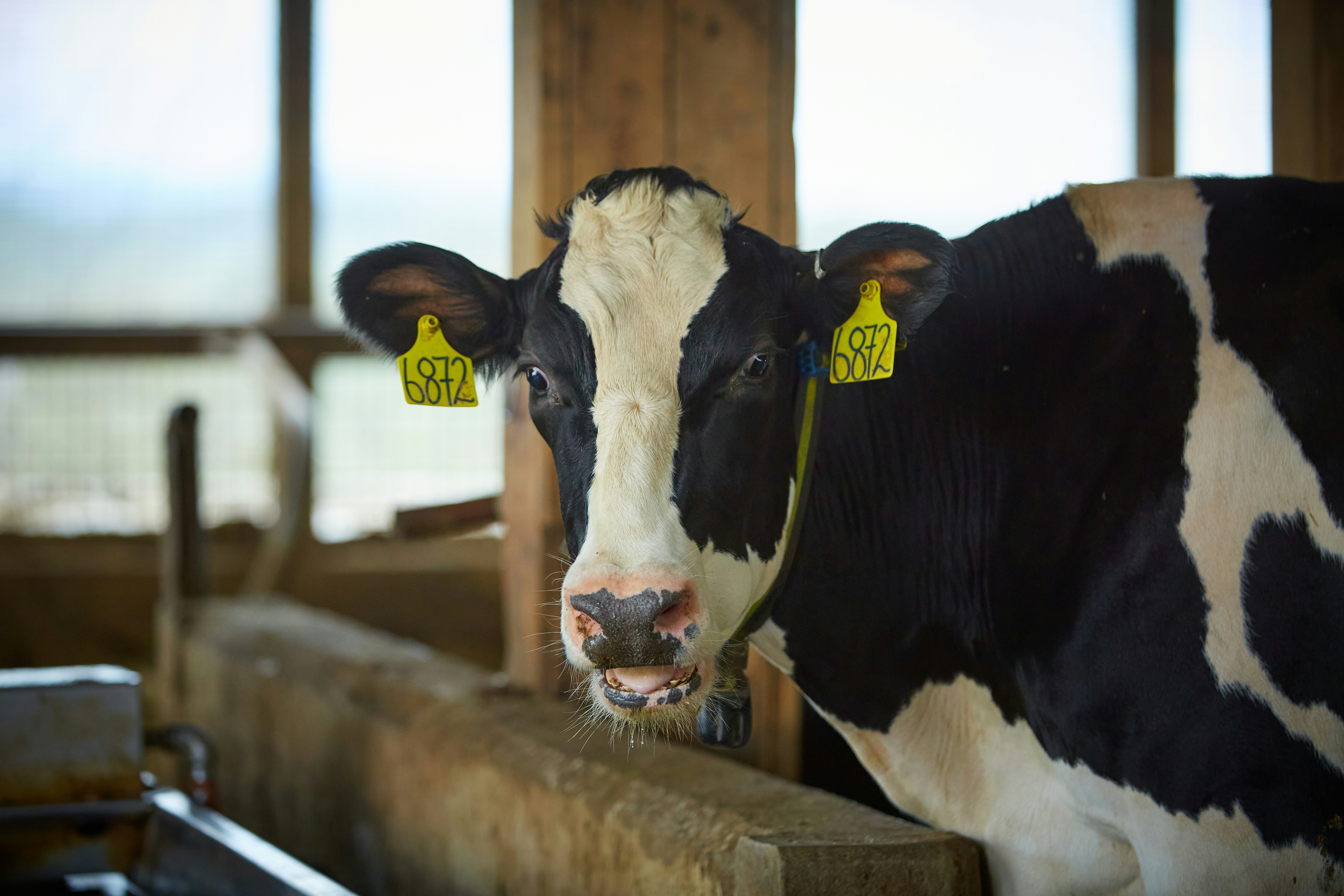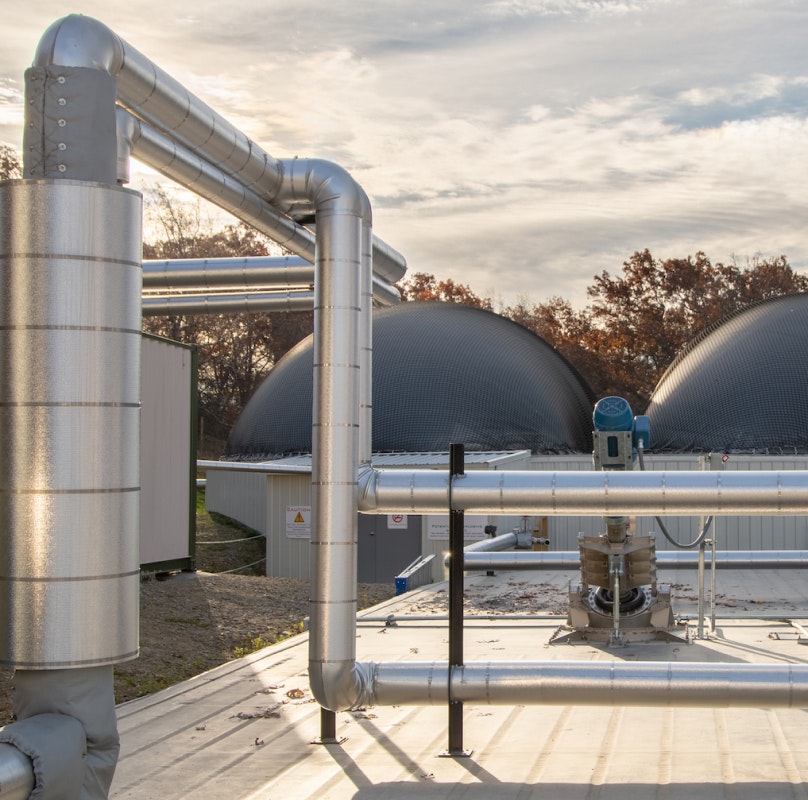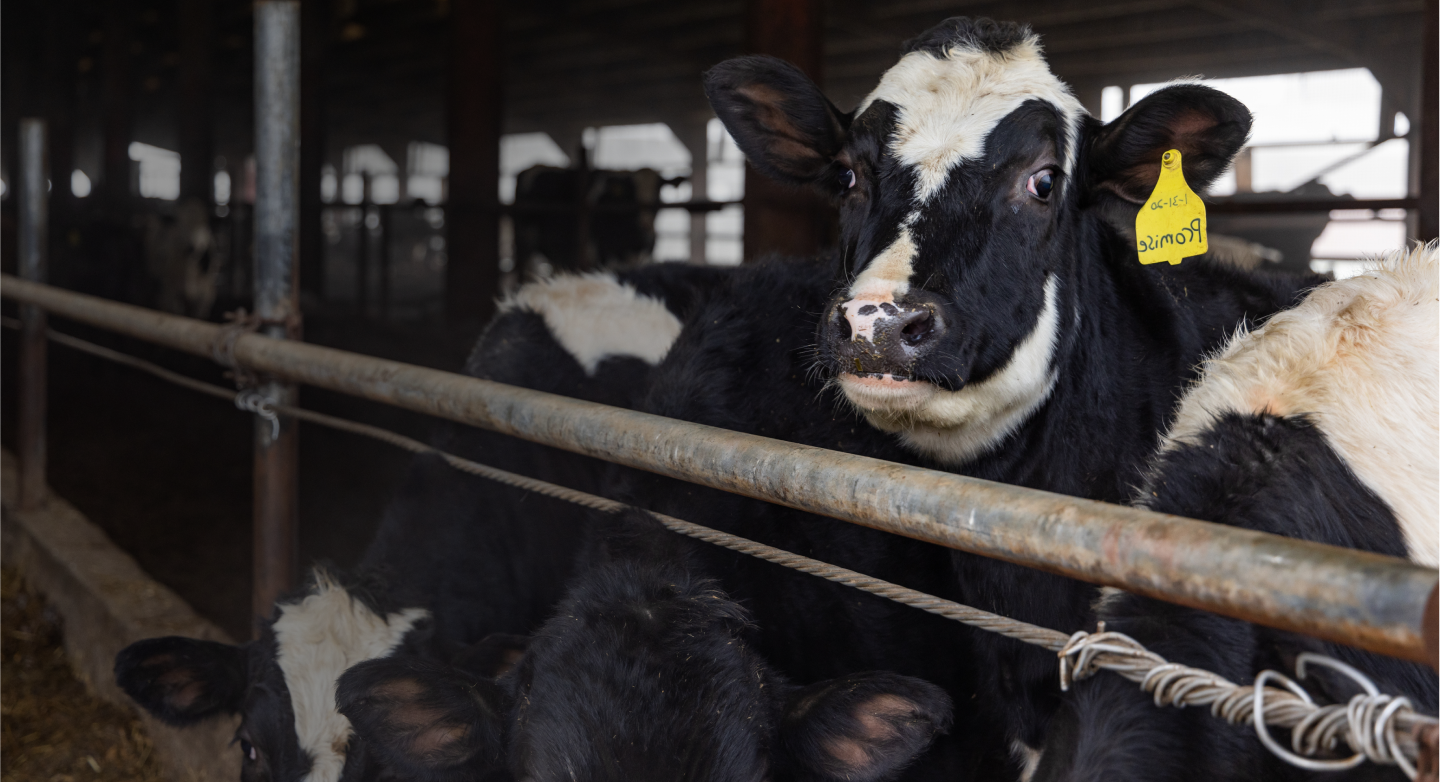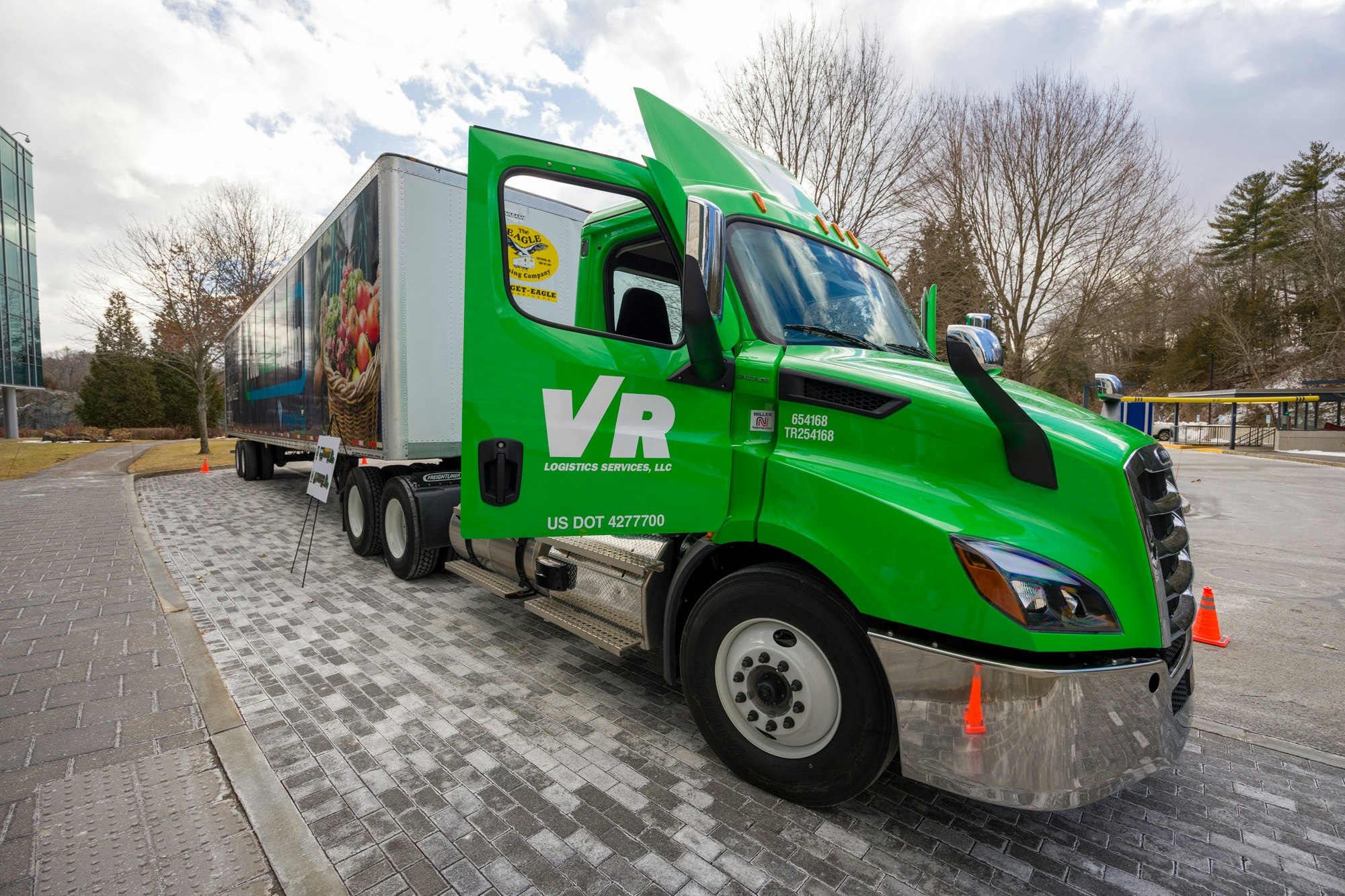FPSA
Founding FPSA Member Profile: Unilever

About Unilever
Unilever is one of the world’s leading suppliers of Beauty & Personal Care, Home Care, and Foods & Refreshment products, with sales in over 190 countries and products used by 2.5 billion people every day. One of the key pillars of its sustainable business strategy, the Unilever Compass, is to improve the health of the planet by taking climate action, protecting and regenerating nature, and working toward a waste-free world.
Unilever has an ambitious plan to take its business to net zero emissions globally by 2039, from sourcing to point of sale. The company will halve greenhouse gas impact of its products across the lifecycle by 2030. The Unilever team has also laid out plans to share the carbon footprint of every product they sell.
The company also believes it has a responsibility to work toward a waste-free world, and that starts with its packaging. Globally, Unilever is committed to a 50% virgin plastic reduction by 2025, including an absolute reduction of 100,000 metric tons. Currently, half of the 118,000 metric tons of plastic packaging used by Unilever North America is post-consumer recycled (PCR) plastic. Many of its brands, including Dove, Hellmann’s, and Seventh Generation, already use 100 percent PCR bottles. Globally, Unilever will also collect and process more plastic than it sells by 2025.
The company is committed to several other waste reduction efforts, including halving the food waste from its operations by 2025. Unilever has already achieved zero waste to landfill from its factories.
Unilever is a strong sustainability leader among consumer brands companies and participates in the following:
- 10x20x30 initiative, which brings together 10+ of the world’s largest food retailers and providers, each engaging at least 20 suppliers to halve food loss and waste by 2030. It is also a Global Partner of the Ellen McArthur Foundation, which promotes a circular economy.
- RE100 Global corporate renewable energy initiative, which brings together hundreds of large and ambitious businesses committed to 100% renewable electricity.
- Renewable Thermal Collaborative, a WWF-run coalition for organizations that are committed to scaling up renewable heating and cooling at their facilities and dramatically cutting carbon emissions.
Joining the Farm Powered Strategic Alliance (FPSA) provides Unilever with circular solution to achieve its waste and decarbonization goals. Unilever has sent zero non-hazardous waste to landfill from its factories since 2014. That journey started in 2010 and was reached six years ahead of the company’s 2020 deadline across its global network of factories. Unilever has spent more than a decade reducing waste and recycling in operations. It’s now striving to do better and find innovative ways to keep resources in use for longer including exploring repurposing unavoidable food waste into renewable energy.
Join the Companies Leading the Charge
Join our Coalition of Industry Leaders.
Members support recycling food and beverage waste via anaerobic digestion, the advancement of renewable natural gas, and regenerative agriculture. This network of like-minded sustainability leaders collaborates in virtual and in-person events and receives exclusive access to the FPSA Sustainability Toolkit.
